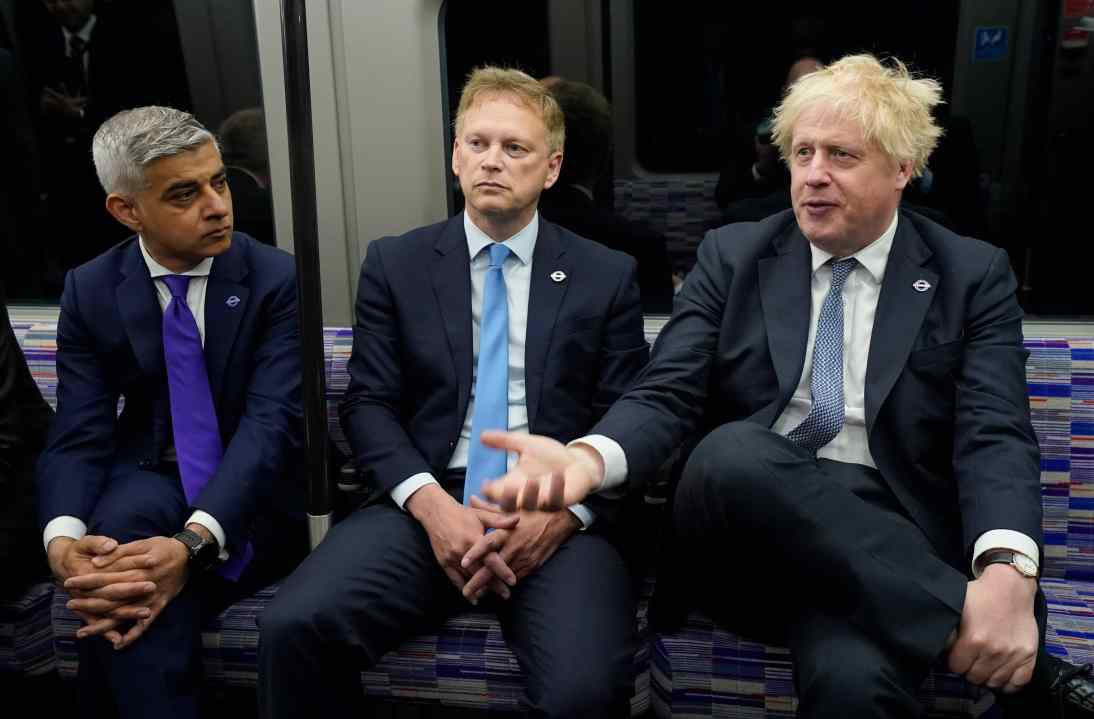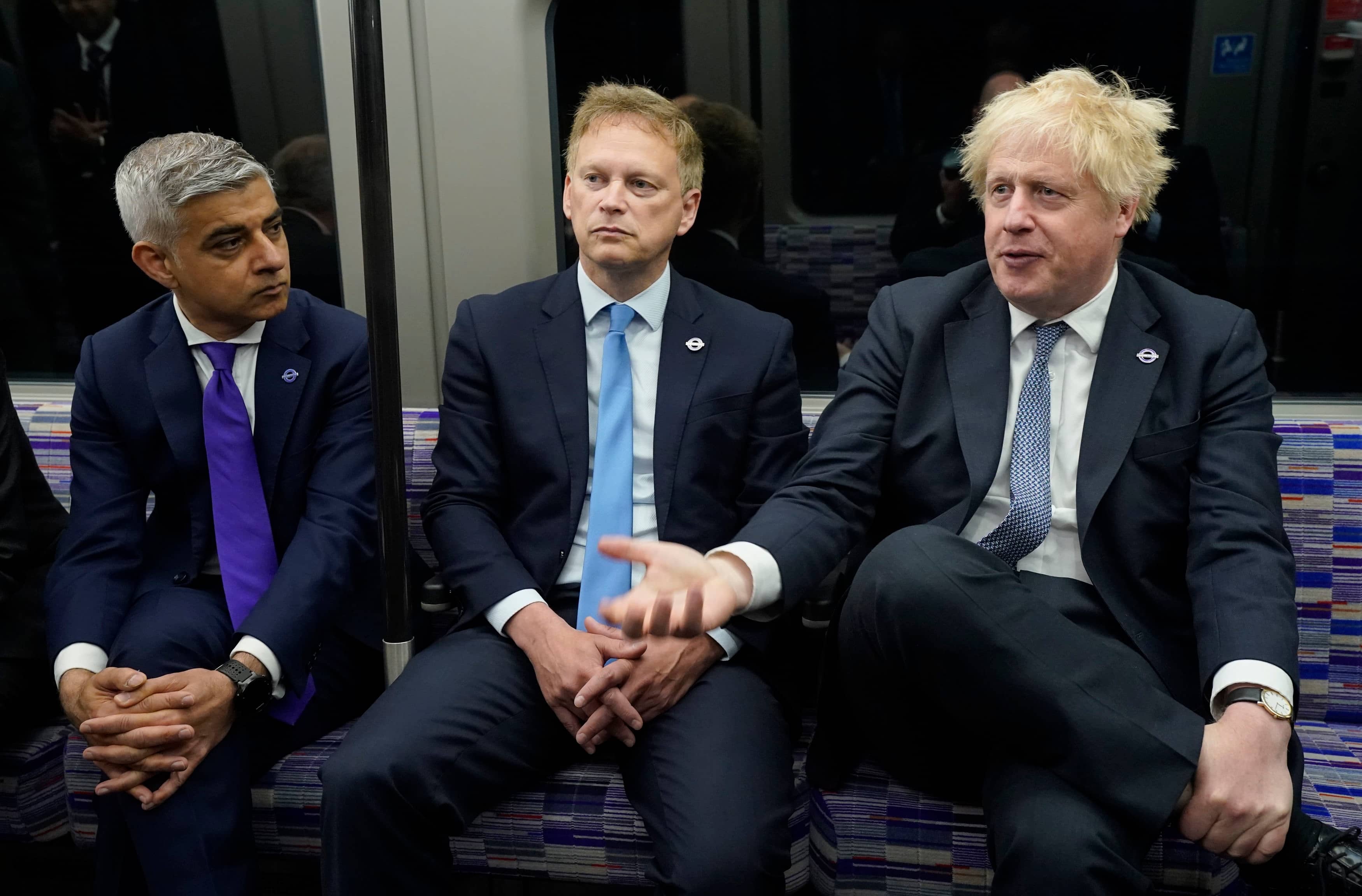Making his way home from Westminster the other night, Mr S was intrigued to see a new series of eye-catching posters on the Tube. ‘Staring’, it screamed ‘Intrusive staring is a form of sexual harassment and will not be tolerated.’ It’s part of an ongoing campaign by Sadiq Khan’s Transport for London (TfL) to get commuters to behave better: hardly surprising given that more than 19,000 crimes were recorded on the capital’s public transport last year.
Given TfL is effectively broke post-pandemic, Steerpike wondered just what this all cost. And now, following a Freedom of Information request, it transpires that the transport body has spent a total of £135,500 on poster advertising to tackle sexual harassment on public transport since its latest campaign launched last October. This includes ‘seven poster executions covering a range of behaviours: staring, touching, exposing, cyber-flashing, cat calling, pressing and upskirting.’ To date, TfL has displayed 6,709 staring posters across its network, at a cost of £39,488.
In its reply to Mr S, TfL said that the ‘staring’ poster deals with ‘intrusive staring of a sexual nature which is done to intimidate women and girls. It is behaviour that makes women and girls feel particularly uncomfortable and unsafe.’ The body said that ‘staring at someone in an intrusive sexual way is a form of sexual harassment’ and that TfL and the Met police ‘want to send a clear message that this, and other types of unwanted sexual behaviour, is not tolerated on public transport.’ They concluded that:
This is not about criminalising people for staring. Anyone on the receiving end of this form of sexual harassment knows the difference. We are encouraging customers who are experiencing this, and being made to feel uncomfortable, to report it. Once reported, it is for the police to investigate and determine if an offence has been committed. For staring in a sexual and intrusive manner, this would typically be investigated as a public order or byelaw offence where there is enough evidence. Where there isn’t enough evidence to investigate or bring charges against an offender, the reports still provide valuable intelligence for the police and TfL about sexual harassment on the network.
So, will this new campaign make a difference? Mr S looks forward to finding out.








Comments